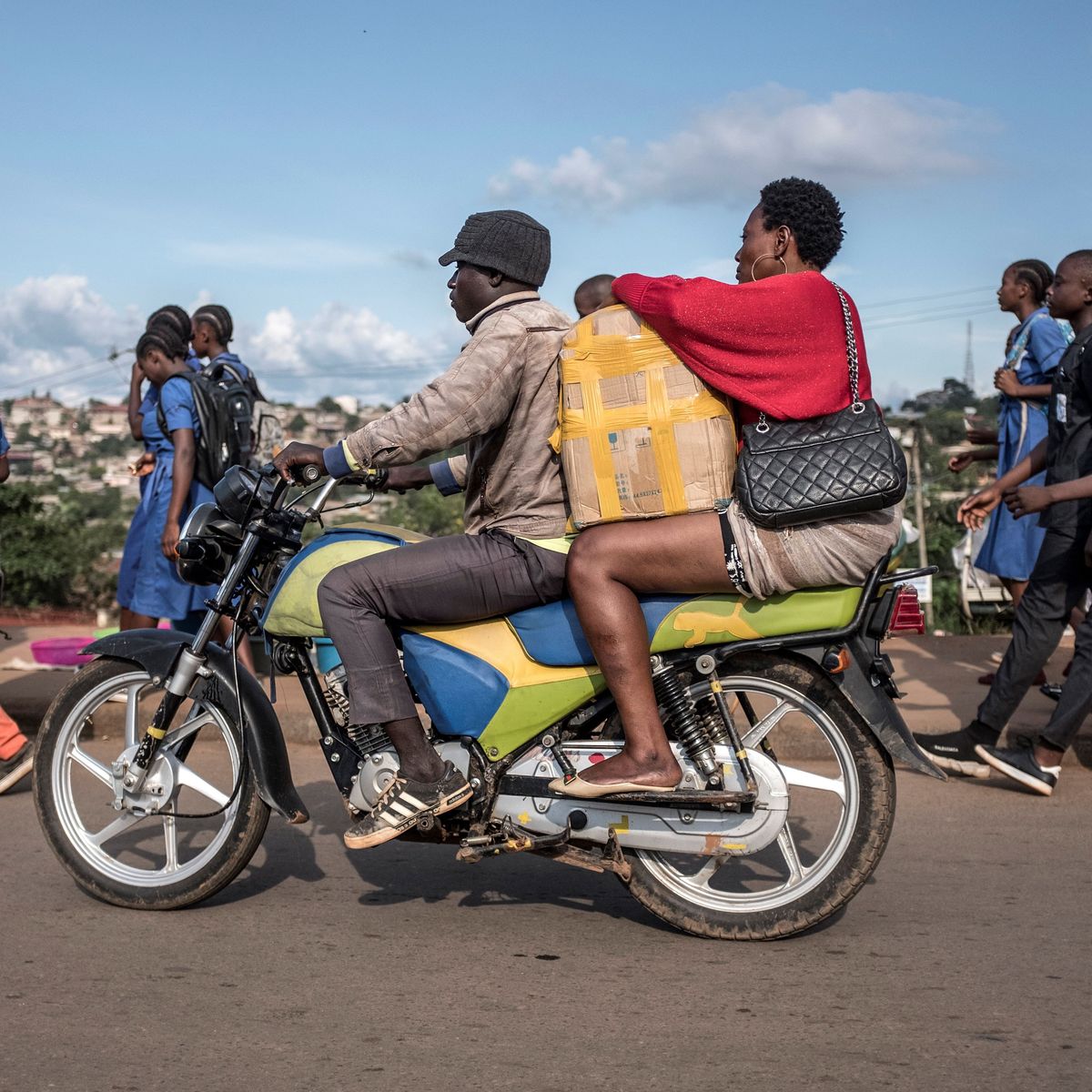Ghana Plans to Better Regulate the Motorcycle Taxi Sector

In many rural and peri-urban areas of Sub-Saharan Africa, where public transportation is often limited, motorcycle taxis — known locally as Okada — and tricycles have become an essential means of mobility. However, this activity has raised concerns, particularly regarding road safety, making regulation indispensable.
A New Regulatory Framework
In Ghana, the Ministry of Transport has announced plans to revise its 2012 Road Traffic Regulations (L.I. 2180) to formally include the use of motorcycles and tricycles as a commercial mode of transport. The goal is to legalize and regulate a practice that has long been widespread but unregulated. According to the ministry, this reform will establish a “comprehensive framework” for the commercial operation of these vehicles.
This initiative is in line with United Nations road safety conventions. Although practical and fast, motorcycle taxis are frequently involved in accidents. The new regulations will require the Driver and Vehicle Licensing Authority (DVLA) to issue specific commercial licenses to riders and will place strong emphasis on mandatory driver training, a key element of the reform.
Economic Impact and a Model for Others
Beyond safety concerns, legalizing this sector will have positive economic spillovers. The activity provides income to thousands of people and contributes significantly to the country’s informal economy.
Ghana’s approach, favoring regulation rather than prohibition, could serve as a model for other Sub-Saharan African countries facing similar challenges. While cities like Lagos and Nairobi have opted for outright bans on motorcycle taxis for safety reasons, Ghana is choosing an alternative solution that seeks to balance road safety, mobility needs, and socio-economic realities.
However, care must be taken to ensure that this legalization does not create unfair competition with formal transport services, such as taxis and minibuses.





